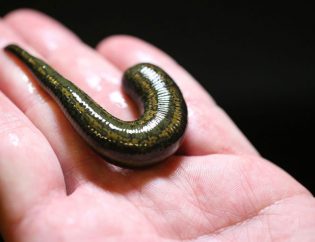Leeches are not usually harmful to humans. They do not have venom, and they cannot transmit diseases as easily as mosquitoes. However, some species of leeches can carry diseases, such as schistosomiasis. This disease is caused by a parasite that is carried by certain species of freshwater leeches. Schistosomiasis can cause a variety of symptoms, including fever, chills, diarrhea, and blood in the stool.
In addition to transmitting diseases, leech bites can also cause:
- Itching
- Pain
- Bleeding
- Swelling
- Infection
If you are bitten by a leech, it is important to remove it as soon as possible. You can use your fingernail or a credit card to slide under the leech’s head and pry it loose. Do not pull the leech off, as this can cause it to regurgitate its stomach contents into the wound, which can increase the risk of infection.
Once the leech has been removed, clean the wound with soap and water. Apply a bandage to the wound to stop the bleeding. Monitor the wound for signs of infection, such as redness, swelling, pain, or pus. If you notice any of these signs, see a doctor.
Here are some tips to help prevent leech bites:
- Avoid swimming or wading in freshwater bodies that are known to be infested with leeches.
- Wear long pants and long-sleeved shirts when you are in areas where leeches are common.
- Apply insect repellent to your skin and clothing.
- Check your body for leeches after you have been in an area where leeches are common.
If you are planning to travel to an area where leeches are common, it is a good idea to talk to your doctor about ways to prevent leech bites.




